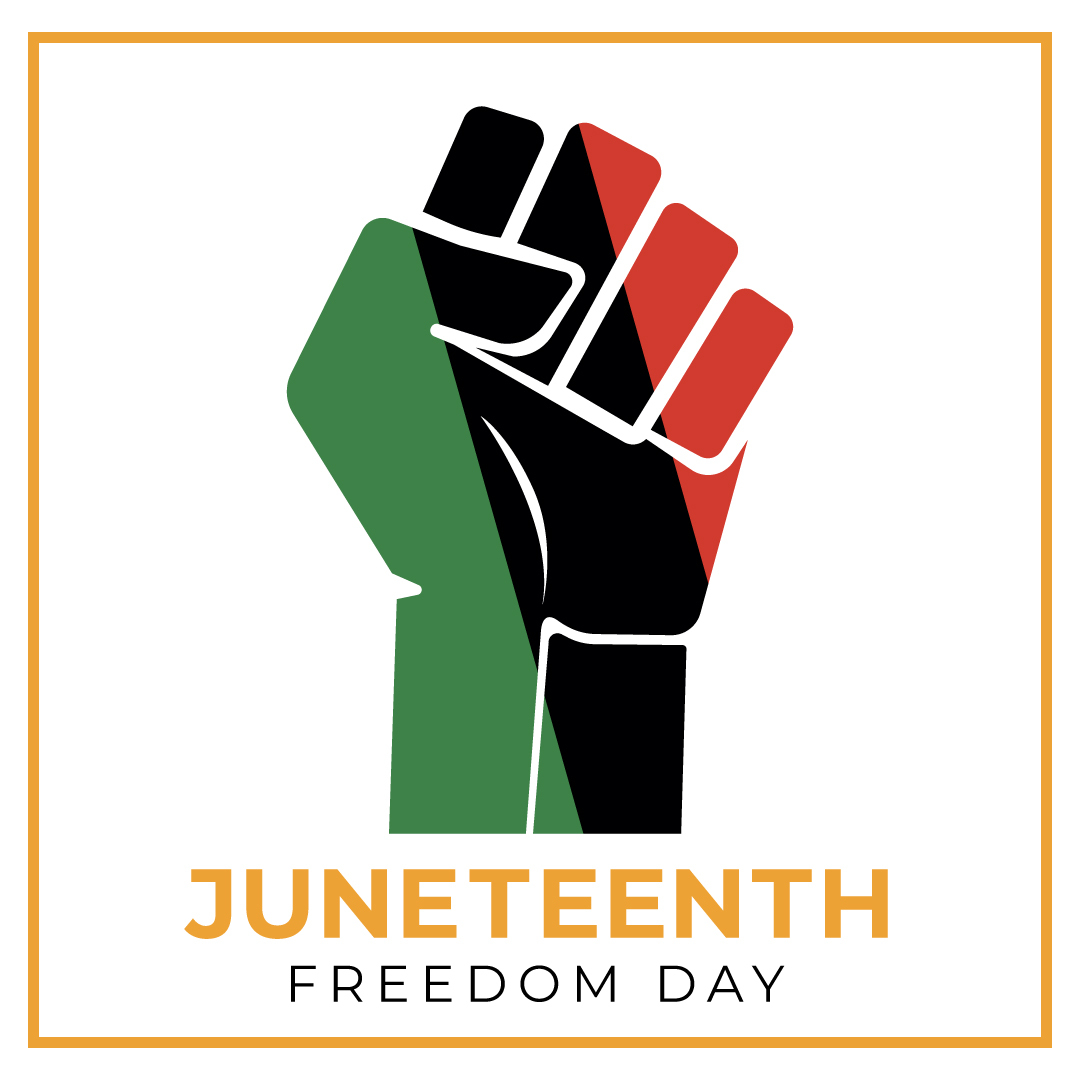
This blog is dedicated to Breonna Taylor, George Floyd, Ahmaud Arbery, Tony McDade, Dion Johnson, Sandra Bland, Daniel Hambrick and the countless others killed due to police brutality and a system that has perpetually ignored the cries of the Black community.
On June 19, 1865, Union General Gordon Granger arrived in Galveston, Texas, to take control of the state immediately following the Civil War. When he arrived, General Granger declared, “The people of Texas are informed that, in accordance with a proclamation from the Executive Office of the United States, all slaves are free.”
Roughly 250,000 enslaved black people in the state of Texas were now free. Celebrations among the newly freed blacks broke out across the state, and Juneteenth, a combination of June and nineteen, was born.
Two years prior, President Abraham Lincoln drafted the Emancipation Proclamation to free slaves who rebelled against the Union. But the Emancipation Proclamation did not free all slaves; rather, it only freed slaves in the Confederacy. Slavery was not officially abolished in the United States until the ratifying of the 13th Amendment in December of 1865.
So, not only did the news of freedom come to Texas more than two years after the Emancipation Proclamation was signed on January 1, 1863, but it also came almost half a year after Congress passed the 13th Amendment on January 31, 1865, outlawing slavery throughout the country. Why did it take so long for word to reach Galveston?
Texas was not a major battle state during the Civil War and, as a result, had a small Union Army presence. This power vacuum encouraged many slave owners to move to Texas with their slaves after the Emancipation Proclamation, where enforcement was virtually nonexistent. Even after emancipation reached Texas via the 13th Amendment, many slave owners rebelled by completely ignoring the law and forcing enslaved blacks to continue their work.
This blatant defiance of U.S. law foreshadowed the status that blacks would assume during the Reconstruction era and beyond. Even after slavery was abolished, the newly freed still faced persecution. The following decades offered no consolation from white counterparts with the creation of Black Codes, Ku Klux Klan chapters and Jim Crow-era legislation. Gruesome and inhumane treatment of African Americans continued until the passage of the Civil Rights Act of 1964, which finally established legal equality for African Americans. Even in more recent years following the Act, Black Americans are still facing persecution and wrongful killings at the hands of police and white supremacists – reigniting a new movement called Black Lives Matter.
Now, 155 years after Juneteenth, the significance of the holiday is gaining recognition. Juneteenth observance has now grown to 47 states, including Tennessee. This number has increased by four states since last year and has been added to the national calendar in recent years. The festivities for this holiday, similar to those on July 4, are equipped with barbecues, volunteerism, live music and prayer services.
This is always going to be important because context matters, especially with black communities. Knowledge leads to understanding, and through understanding we create a more diverse and inclusive environment, enhancing the quality of work and life. Without it, people are more likely to continue in unhealthy environments full of biases, underrepresentation and microaggressions.
So, not only does Juneteenth signify freedom, but it also represents the continued resilience of black Americans and deserves to be acknowledged and celebrated every year. At MP&F, we recognized Juneteenth by making it a holiday this year, giving the office the opportunity to read and educate themselves on the holiday, reflect on the racism in this country, and ask what they can do to make it more just for everyone.
